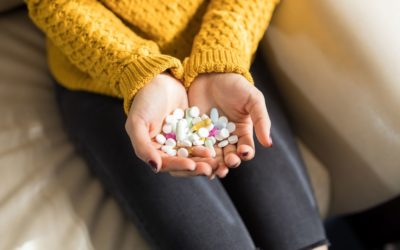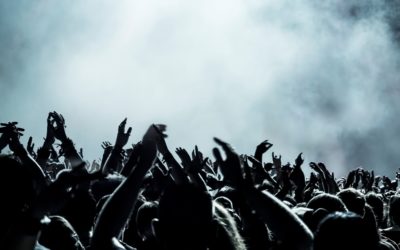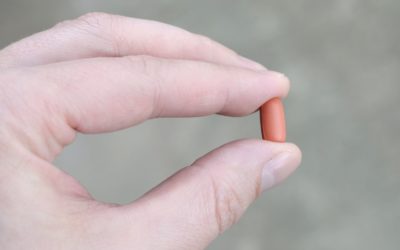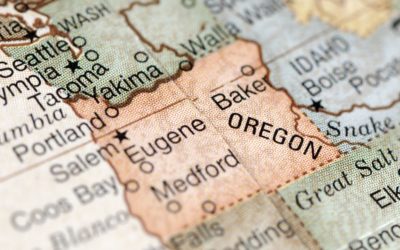Pain medication, also referred to as pain pills or painkillers, encompasses a wide array of pharmaceutical treatments for varying levels of pain. Just like any other medication, pain pills often carry potential side effects. Opioid pain medications are among the most...
Opioids
Opioid addiction treatment is a complex process that requires a multifaceted approach to be successful. In order to successfully treat opioid addiction, a combination of medication, psychotherapy and lifestyle changes are necessary.
Medication-assisted treatment (MAT) is the most common method of opioid addiction treatment and involves the use of medications such as buprenorphine, methadone and naltrexone to reduce withdrawal symptoms and cravings. These medications work by blocking the effects of opioids, helping to reduce cravings and allowing addicts to focus on other aspects of their recovery. MAT has been proven to be an effective treatment for opioid addiction and has been shown to reduce relapse rates and improve outcomes for those in recovery (Dowell, Haegerich, Chou 2016).
Psychotherapy is another important component of opioid addiction treatment. Cognitive-behavioral therapy (CBT) is the most common form of psychotherapy used to help addicts understand their triggers and behaviors, develop coping skills and develop a positive support system. Group therapy is also beneficial for those in recovery, as it provides a safe and supportive environment for addicts to share their experiences and struggles (Kaminer, 2019).
Finally, lifestyle changes are also essential for successful opioid addiction treatment. Diet, exercise, and stress management can all help to reduce cravings and improve overall physical and mental health. Additionally, engaging in activities such as yoga, mindfulness and meditation can help to reduce anxiety and depression, both of which are common among those in recovery (Weerts, et al., 2019).
By utilizing these components, those in recovery can reduce cravings, increase their chances of successful recovery, and improve their overall physical and mental health.
Explore the articles below for more information, resources, and insight on opioid addiction, treatment, and recovery.
References:
Dowell, D., Haegerich, T., Chou, R. (2016). CDC Guideline for Prescribing Opioids for Chronic Pain — United States, 2016. MMWR. Recommendations and Reports, 65(1), 1-49.
Kaminer, Y. (2019). Psychotherapy for Opioid Use Disorders. Psychiatric Clinics of North America, 42(3), 437-444.
Weerts, E., Brady, K., Li, S., & Back, S. (2019). Non-pharmacological interventions for opioid use disorder. Current Opinion in Psychiatry, 32(4), 263-269.
What does heroin feel like?
Heroin is a major player in the ongoing opioid epidemic that has been sweeping the nation and killed over 60,000 Americans just last year. Its widespread availability and cheap cost have turned this otherwise niche narcotic into part of the mainstream drug scene. The...
How Many People Are Addicted To Opioids in 2020?
The year 2020 quickly came to a close, and goodness it was a year. Not just being an election year, but also a year with a global pandemic, we have all been affected in ways like never before. One theme that has been heard over and over again is the impact that this...
Why Are Opioids & Opiates Addictive Substances?
Overdose deaths are the number one leading cause of accidental death in the United States, with the vast majority of these deaths involving opioid and opiate drugs. One may ask themselves why people would continue to utilize these substances when they are linked to so...
Oregon Decriminalizes Cocaine & Heroin Use
https://www.bbc.com/news/world-us-canada-54809825 The 2020 General Election has been one for the history books, and it has to do with more than just who the next president will be. Oregon has made history in passing a bill that decriminalizes the possession of small...
Submit your favorite sober brand to be featured in AT Magazine.
We want to know if you love a brand, company, or organization that you feel has helped you in your sobriety! Provide the name and URL for the brand, as well as why you love this brand. Brands can include anything from non-alcoholic beverages and sober merchandise companies to recovery bloggers and influencers.





